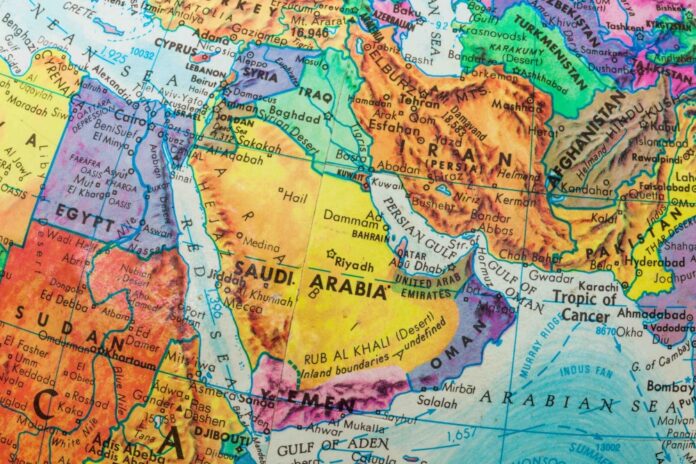The new cable will be wholly owned by Mobily and pass through the Red Sea with landing stations at Sharm El Sheikh and Duba
Saudi Arabia’s biggest telco Mobily and Telecom Egypt have signed a deal to land the first subsea cable directly linking Saudi Arabia and Egypt. The new cable will be wholly owned by Mobily and pass through the Red Sea with landing stations at Sharm El Sheikh in Egypt and Duba in Saudi Arabia.
No details were available regarding capacity or cost. Nor that the Red Sea is a challenging operational environment. Subsea cables in the Red Sea were deliberately cut in February. By RETN’s estimates, the sabotage affected close to 70% of the Europe-Asia data traffic flow. This also makes the case for as many diverse routes as possible.
Mobily said the cable will enable it to connect the Arabian Gulf and Saudi Arabia’s neighbouring countries to the Egyptian landing station through Mobily’s network, as well as the various subsea cable systems landing in Egypt.
Egypt alrady provides landing points for 18 subsea cable systems which will increase to 22 next year as new systems come into service. Saudi Arabia has landing points for 20 subsea cables with another seven planned in the next few years, but none that directly link Saudi and Egypt.
Mobily’s CEO, Salman Bin Abdulaziz Al-Badran, said the new cable will better position Saudi Arabia as an international hub for telecoms services and data traffic.
“Mobily’s new cable will connect Saudi Arabia to Egypt and improve communication flexibility between the Middle East and Europe,” he said in a joint statement.
Mohamed Nasr, MD and CEO of Telecom Egypt, agreed Mobily’s new cable would contribute towards its intention of becoming a major regional hub as it would complement “the newly established landing station in Sharm El Sheikh, we are developing new crossing routes to connect Sharm El Sheikh to the Mediterranean Sea.”



